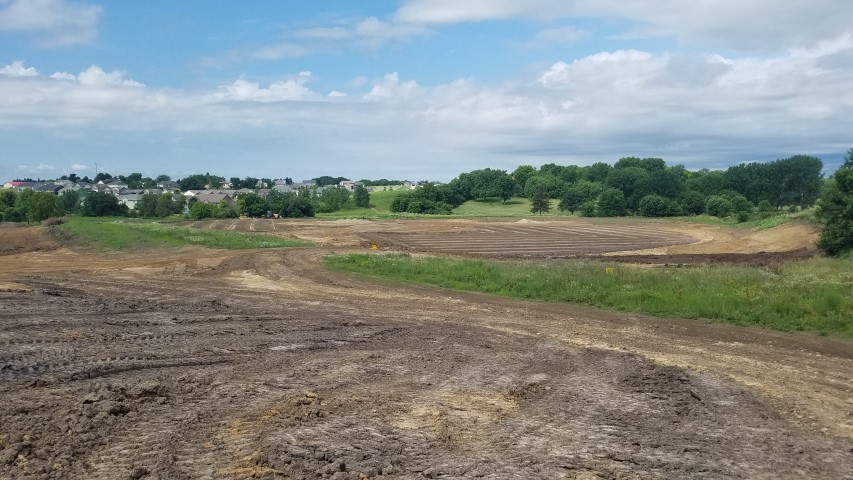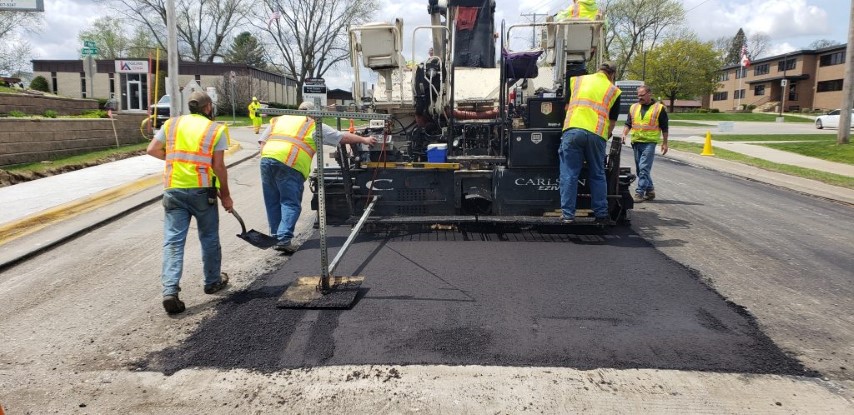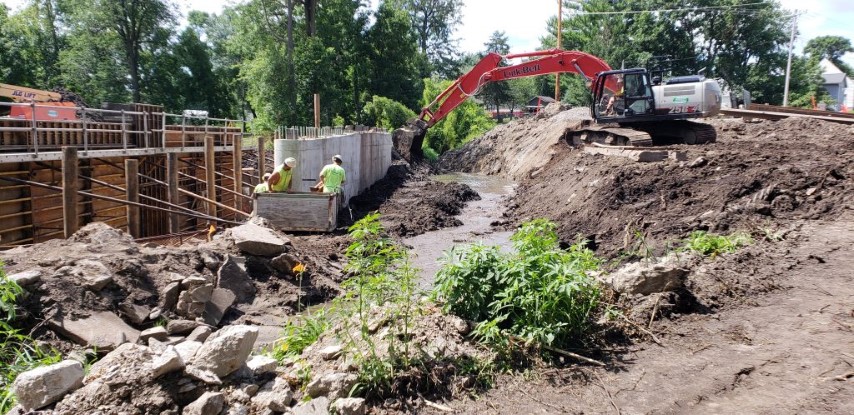Construction inspectors help build communities, relationships while managing expectations
States, counties, cities and towns of all sizes spend billions of dollars each year to improve infrastructure. As the budgets get tighter and the to-do lists get longer, it becomes more important to ensure the projects chosen each year are completed properly. Having someone on site to check the contractor’s work is one way to provide that assurance. This representative (referred to as the inspector from here on) makes sure plans and specifications are being followed, checks the materials being used throughout the project, and often acts as a bridge between the agency and contractor for communication and conflict resolution.

With every public infrastructure project comes a set of plans and specifications. These are unique to each project and are based on the work, the location and the funding source(s). There can also be changes and additions to the specifications that come from the project engineer, and the first key responsibility of the inspector is to keep track of that information to ensure the contractor meets those requirements. The same can be said for details and changes in the plan set. The inspector can help the contractor with details, like incidental work and road closure restrictions, that might otherwise be overlooked. The inspector can also ensure that changes to the plans are communicated and understood by the contractor.

The specifications define the requirements and minimum standards for materials for the project, and they help the inspector compare the materials on site with the requirements. This could include things like testing and measuring delivered materials for correct size and type. These responsibilities are especially important with buried infrastructure improvements. Many public infrastructure projects are like an iceberg – 90% is below the surface. The quality of new roads and sidewalks on the surface can be checked relatively easily after the work is done, but there is often a lot of work done below the surface, too. Much of the new infrastructure such as water main, sanitary sewer and storm sewer is buried.
If someone is not on site to inspect the work, then mistakes and construction shortcuts could be covered up. These underground improvements are generally unnoticed by the public until there are catastrophic failures. However, ensuring the contractor meets expectations for underground work is equally critical to the success of a project as the work above ground. It is always more economical to catch errors during construction rather than coming back months or years after project completion to repair failures.

The inspector also helps facilitate communication between the public agency and contractor. A big part is preparing contract documents such as progress payments, change orders or noncompliance notices. With any infrastructure project, there are unknowns and disputes that come up during construction. The inspector’s daily documentation and record keeping can often help settle disputes and provide recommendations to the agency when problems need resolution. While it’s important to keep information flowing between the contractor and agency, the inspector can also help the agency keep the public up to date on a project’s progress through television, newspapers and social media. These public updates are especially important for projects that include road closures and traffic detours that affect businesses and homes. Whether the inspector is an agency employee or a consultant, the person adds value to any infrastructure improvement project. Having someone keep contractors following the plans and specifications, inspecting the materials and maintaining communication between all parties throughout construction are the keys to providing assurance and peace of mind to any public infrastructure project.
 Cody Buelt is an Engineer at Fehr Graham. He spends a lot
Cody Buelt is an Engineer at Fehr Graham. He spends a lot
of time making sure plans and specifications are followed in the field.
He is a proud graduate of Iowa State University. He can be reached at
Collaborative, Insightful, Results-Driven Solutions
Fehr Graham provides innovative engineering and environmental solutions to help improve the lives and communities of our customers.
